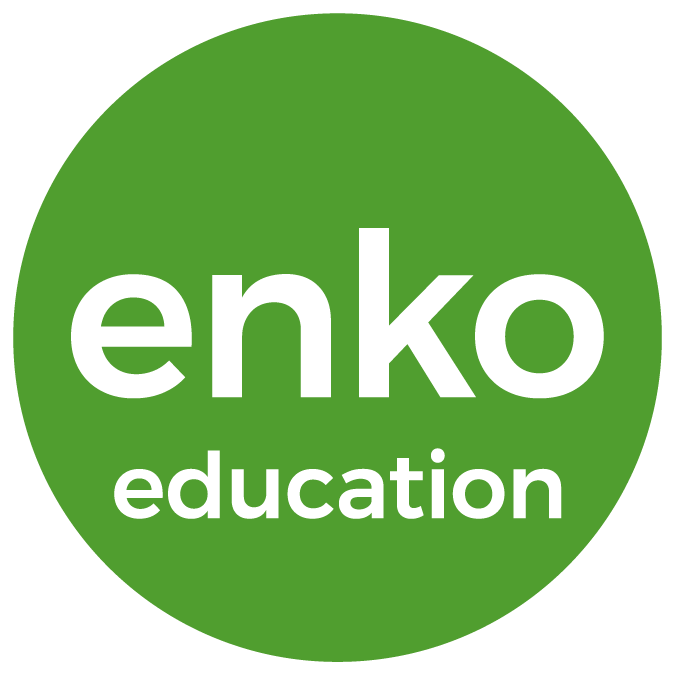Coding Classes in Schools: Paving the Way to a Bright Future for Young Learners
In today’s fast-paced digital age, where technology is rapidly evolving and transforming the way we live and work, coding classes have become an increasingly essential extracurricular activity that can no longer be ignored. Just like reading, writing, and arithmetic, coding has become an indispensable tool that young learners must master to prepare themselves for a tech-driven world.
The benefits of introducing coding in schools for our youngest learners are numerous and far-reaching. Not only does it equip them with practical and relevant skills, but it also fosters essential problem-solving and creative thinking abilities that are essential for success in any field.
One of the key advantages of learning to code is its positive impact on cognitive development. Coding requires a deep understanding of logic and sequence, which cultivates critical thinking and analytical skills. Young learners are challenged to break down complex problems into smaller, solvable parts, which fosters structured thinking and problem-solving abilities.
Moreover, robotics and coding classes also unleashes creativity in young minds. It is both an art and a science, allowing students to explore their creativity by designing apps, games, websites, and more. The freedom to create, experiment, and customize their projects sparks innovation and imagination.
Coding also has real-world applications across a wide variety of industries. By introducing it in school, students can connect classroom learning to practical, tangible skills they’ll need in their future careers. This makes coding education an essential part of digital literacy, ensuring students are informed and responsible users of technology.
Another benefit of learning to code is that it encourages a systematic approach to problem-solving. Young learners develop resilience and the ability to troubleshoot, which are vital skills applicable to a wide range of challenges, not just coding-related ones.
Furthermore, coding education transcends traditional subject boundaries. It integrates math, science, language, and art, enriching the learning experience and allowing students to see the interconnectedness of knowledge. This interdisciplinary approach is especially valuable in today’s dynamic and complex world.
Coding also offers promising career opportunities in the tech industry, which continues to grow and offers an abundance of job opportunities. Learning to code in school provides young learners with a head start in a highly competitive job market. Even if they don’t choose a tech career, the problem-solving skills acquired through coding are universally valuable.
Encouraging girls and underrepresented groups to embrace coding can also help bridge the gender gap in the tech industry. This can lead to a more diverse and inclusive tech workforce, which benefits everyone.
Finally, coding teaches the value of perseverance. Young learners understand that making mistakes is part of the learning process. This fosters a growth mindset, where challenges are viewed as opportunities for growth, not roadblocks.
In summary, as we embrace the digital era, the ability to code is a tool that empowers young learners to shape their future. Introducing coding in schools equips students with essential life skills, fosters creativity, and prepares them for the dynamic challenges of the 21st century. That is why enko schools have started to offer coding classes for kids as an extracurricular activity. By igniting their passion for coding at an early age, we unlock a world of possibilities and set the stage for a brighter and more innovative tomorrow.






